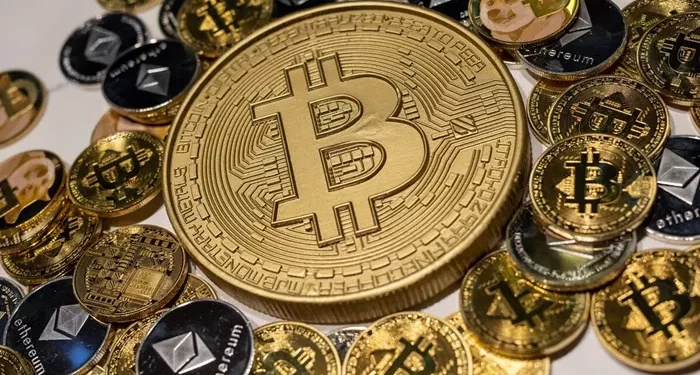As government scrutiny of digital currencies intensifies, CryptoQuant CEO Ki Young Ju predicts the emergence of “dark stablecoins,” which could become a necessary alternative for those seeking censorship-resistant digital assets.
In a recent social media post, Ju explained that traditional stablecoin issuers like Tether and Circle, which have operated with limited governmental interference, are facing growing regulatory pressure. According to Ju, while Bitcoin was designed by the cypherpunk community to be censorship-resistant, stablecoins have relied on centralized management to bridge the gap between digital and traditional finance.
Stablecoins have thus far enjoyed relative freedom from government intervention, except in cases involving money laundering enforcement. Ju pointed out that these stablecoins, such as Tether (USDT) and Circle’s USD Coin (USDC), have served as a haven for various sectors, including Chinese miners. However, Ju forecasts that government-issued stablecoins will soon be subject to regulations akin to those governing traditional banking. This could lead to automatic tax collection through smart contracts and wallet freezes enforced by government mandates.
Such regulatory changes could drive users, particularly those relying on stablecoins for large international transfers, to seek alternatives that resist censorship. Ju suggests two possible solutions:
Algorithmic stablecoins, which are not controlled by governments.
Stablecoins issued by nations with fewer restrictions on financial transactions.
One potential approach could involve decentralized stablecoins that track regulated coins like USD Coin through oracle networks such as Chainlink. However, Ju notes that no projects have successfully implemented this model yet.
Ju also speculates that USDT (Tether) could potentially evolve into a “dark stablecoin” if its issuer decides to defy future U.S. regulations. He further suggests that dark assets, including these stablecoins, might present unique investment opportunities in global internet capital markets.
Related topics:
SEC Postpones Decision on Litecoin ETF, Seeks Public Input
Pi Network’s Struggles and What to Expect in May 2025
Pi Network’s Prospects for May 2025: Challenges and Potential for Recovery

















